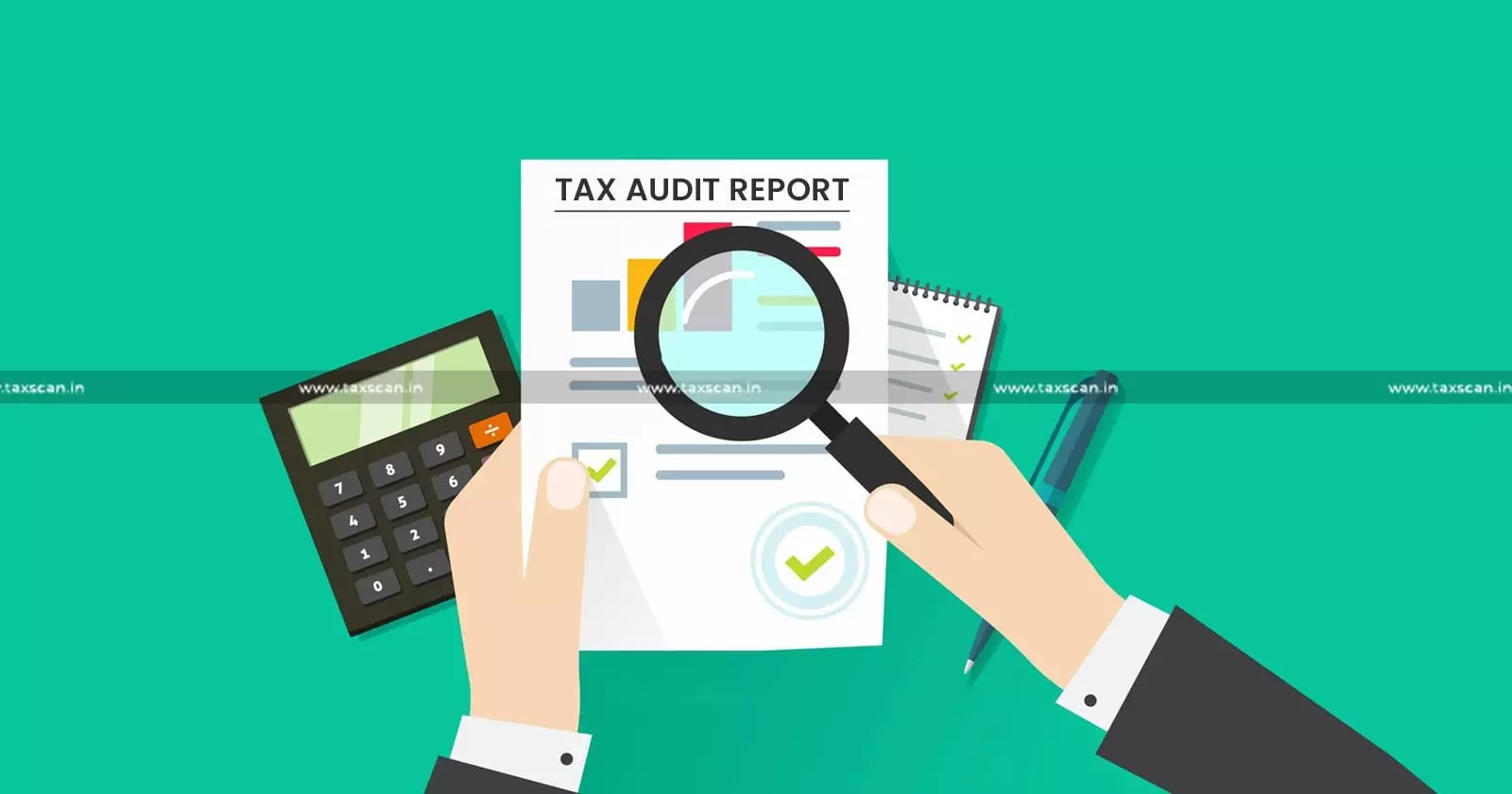Whether Revision of Income Tax Audit Report possible? Know this Rule
A tax audit report can be revised before the assessment year ends if later payments affect Sections 40 or 43B.

A tax audit ensures that a taxpayer’s accounts are correct and that income, expenses, and deductions comply with the Income-tax Act, 1961. It is carried out under section 44AB by a CharteredAccountant (CA), and the findings are reported in Form 3CA or 3CB along with detailed particulars in Form 3CD as prescribed under Rule 6G of the Income-tax Rules, 1962.
But sometimes, after filing the audit report, the taxpayer may discover an omission or make a payment that affects deductions. The question then arises, can the tax audit report be revised?
Legal Provision
Earlier, there was no clear rule for revising an audit report once submitted. This changed with the Income-tax (Eighth Amendment) Rules, 2021, which inserted Rule 6G(3). The sub-rule permits revision of a tax audit report if:
“There is payment by such person after furnishing of the report under sub-rule (1) or (2) which necessitates a recalculation of disallowance under section 40 or section 43B.”
This allows a taxpayer to obtain a revised audit report from the same CA, duly signed and verified, and furnish it before the end of the relevant assessment year if the later payment changes disallowances under sections 40 or 43B.
When Revision Is Permitted
The law allows revision only in limited and bona fide circumstances:
1. Post-audit payments – When the taxpayer pays statutory dues like GST, TDS, PF, or interest after the original report, affecting deductions under sections 40 or 43B.
2. Correction of genuine errors – Clerical mistakes, wrong clause numbers, or mis-tagged data.
3. Revised financial statements – When accounts are reopened or restated by the company or partnership.
4. Retrospective changes in law or judicial rulings – Affecting previously reported disallowances.
5. Technical or utility issues – Where the e-filing system or audit utility required re-uploading corrected data.
The ICAI Guidance Note on Tax Audit u/s 44AB clarifies that revisions are not to be made routinely. They should be justified, documented, and clearly cross-referenced to the original report.
Who Can Revise the Report
Only the same auditor who filed the original report may issue the revised version. It must bear a fresh date, signature, and UDIN (Unique Document Identification Number).
If the original auditor has resigned, retired, or ceased practice, the new auditor cannot “revise” the earlier report but must issue a completely new audit report after a fresh appointment and procedures.
Process of Revision
1. Identify the reason for revision and confirm that it falls under Rule 6G(3) or other accepted professional grounds.
2. Obtain written consent from the assessee.
3. Prepare a new Form 3CA/3CB and Form 3CD incorporating the necessary changes.
4. Clearly state: “This is a revised report superseding the report dated … due to …”
5. Generate a new UDIN and digitally sign the report with the current date.
6. Upload the revised report on the income-tax e-filing portal using the “Revised” or “Replacement” option.
7. Ensure the assessee accepts the new report online.
8. Maintain documentation copies of both reports, correspondence, and reasons for revision.
E-Filing Mistakes Can Be Costly! Avoid penalties now! Click here
Time Limit
The revised audit report must be filed before the end of the relevant assessment year. After that, the system generally does not allow further revision unless permitted by the Assessing Officer.
Key Cautions
- A revised tax audit report does not automatically revise the income-tax return (ITR). The taxpayer must file a separate revised ITR quoting the new audit report details.
- Frequent or unjustified revisions can attract professional scrutiny or disciplinary action under the Chartered Accountants Act, 1949.
- The revised report completely replaces the earlier one and becomes the valid audit report on record.
- The reason for revision must always be clearly disclosed in the new report and referenced to the old one.
- If the revision changes any qualification or observation, it must be re-evaluated and properly explained.
Tax Audit Deadline Is Near! Are you prepared? Click here
Illustration
Suppose a business files its audit report and later pays an employee bonus or statutory due that was earlier disallowed under section 43B. Since the payment changes the allowable expense, the CA can issue a revised report reflecting the correct figures, ensuring compliance without penalties.
However, if the revision is merely to correct minor wording or unrelated data, it may not fall within the permitted grounds and should be avoided.
Conclusion
Revision of a tax audit report is legally possible but not unrestricted. Under Rule 6G(3), revision is allowed only when a subsequent payment affects disallowances under sections 40 or 43B. Beyond that, only genuine, well-documented reasons are acceptable.
Support our journalism by subscribing to Taxscan premium. Follow us on Telegram for quick updates


